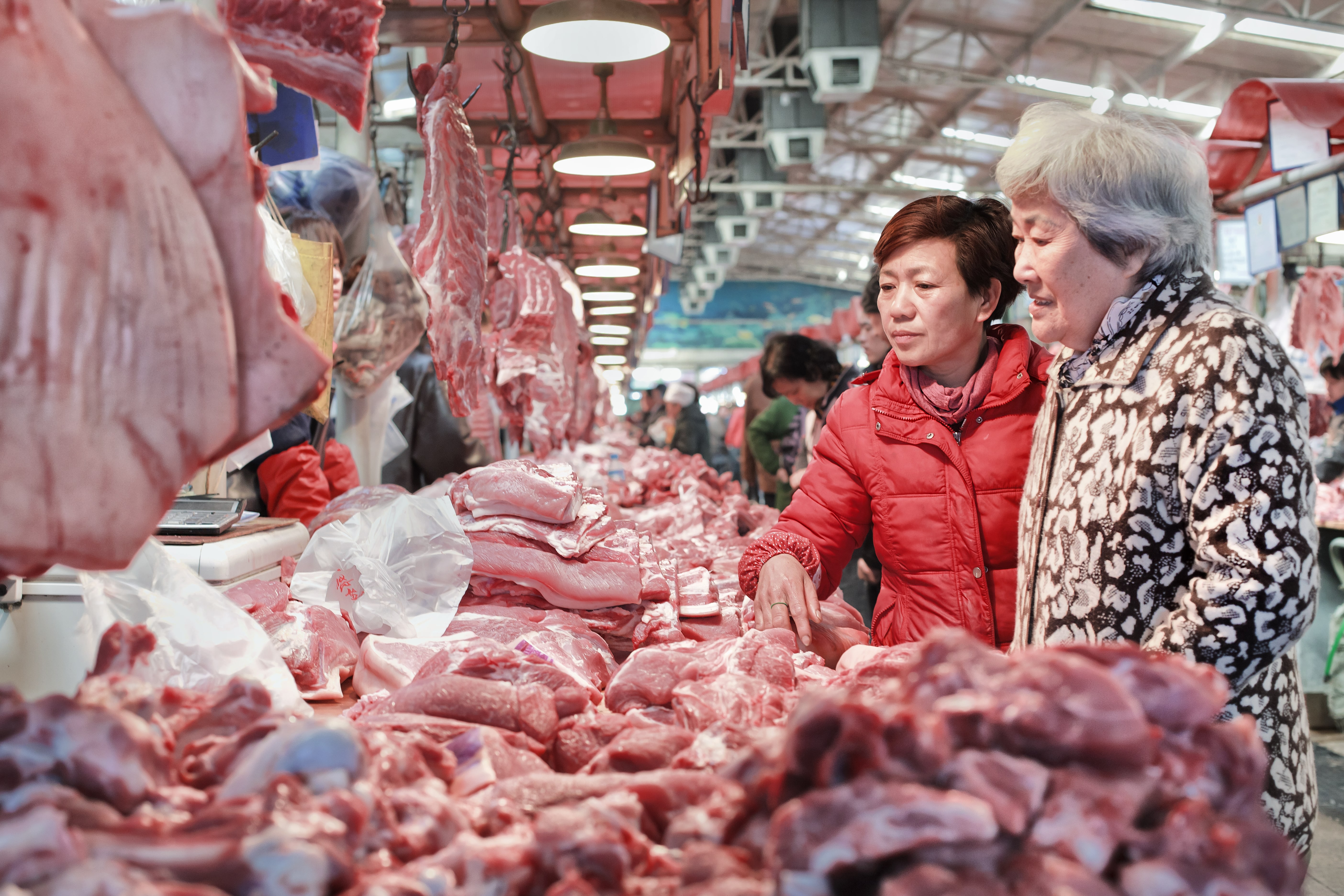
Agricultural methods in Asia have long been gripped by controversy. China’s tainted baby-milk formula scandal in 2008 was a particularly dramatic example from recent years. The research by the Farm Animal Investment Risk & Return (FAIRR) initiative highlights the scale of this ongoing problem.
The report, Factory Farming in Asia: Assessing Investment Risks, is the latest in a series from FAIRR. It argues that growing demand for meat, while a profitable short-term trend for suppliers, could have unforeseen repercussions for food standards, workers and the environment over time.
These repercussions are beginning to make themselves felt on a global level. In 2016, China’s imported 35% of Brazil’s total soybean production to satisfy surging demand for animal feed. Deforestation and pollution show no signs of slowing down.
It’s a tricky landscape with lots of overlapping issues and demands. Foodservice consultants, in a pivotal role between between suppliers and operators, have an essential role to play.
Key findings
The overarching theme of the research is that Asian meat demand is predicted to grow 19% from 2013 to 2025, worth 144 million tonnes. In the farming industry’s quest to keep up, standards are likely to be the first casualty.
Five key risks have been identified over the coming years. Food safety and nutrition is at the forefront, followed by epidemic risk, environmental footprint, animal welfare and labour standards. Risks in each category have become more acute in recent years as pressures on intensive farming have built up.
“Public health and environment are the key issues”, says Clara Pi FCSI, MSC. RD. “We have already seen the negative impact. More consumers are aware and are making demands for changes”. Certainly the issue of food safety stands out as a problem for producers. As Pi notes, increased use of antibiotics on farms is a “major concern – it has led to the emergence of the highly resistant ESBL E. coli on many farms, and is also driving the spread of livestock-associated MRSA”.
However, these difficulties vary throughout the region. As Gil D’Harcour, an FCSI associate based in Indonesia, points out, different areas are developing at different rates. In D’Harcour’s own country of Indonesia, “the issue of better farming prevails over the issue of intensive farming for the time, as the country is trying to educate its population in agricultural standards”.
One discovery that unites the region, however, is the growth of alternative diets. The number of vegetarian products on the market rose by 140% and vegan products by 440% between 2012 and 2016 in South East Asia.
“This trend is here to stay”, says Pi. “There is a rising awareness that organic, plant based diets are healthy for people and our planet”. D’Harcour agrees. “Becoming vegetarian should be a new way of life, more sustainable for the land and healthier for people as we see an alarming rise of diabetic and high cholesterol in the middle class”.
The next steps
Intensified farming and changing diets mean the supply chain faces challenges like never before. Foodservice consultants in the region are on the frontline in helping businesses adapt to the changes highlighted in the report.
Enhancing awareness, through reaching out to eaters and lobbying politicians, is a vital precursor. “More can be done to educate the public about food safety and hygiene”, says Pi. “Pushing government to crack down on non-compliance would help”.
D’Harcour too is convinced of the need for a two-pronged approach. “Governments should place high emphasis on promoting sustainable farming practices”, he says. “We, foodservice consultants, should accompany decision makers in educating the young generation in understanding what the word ‘sustainable’ actually means”.
Pi’s summarising message – “educate, educate, educate,” – is an essential one to remember in the coming years. As Asia’s supply chain evolves, the associated risks and rewards evolve with it. Foodservice consultants with insights on the problems created by intensive farming will be a vital resource for the whole industry as changes gather pace.
Thomas Lawrence
The full report by FAIRR can be found at the following link: http://www.fairr.org/resource/factory-farming-in-asia-assessing-investment-risks/
